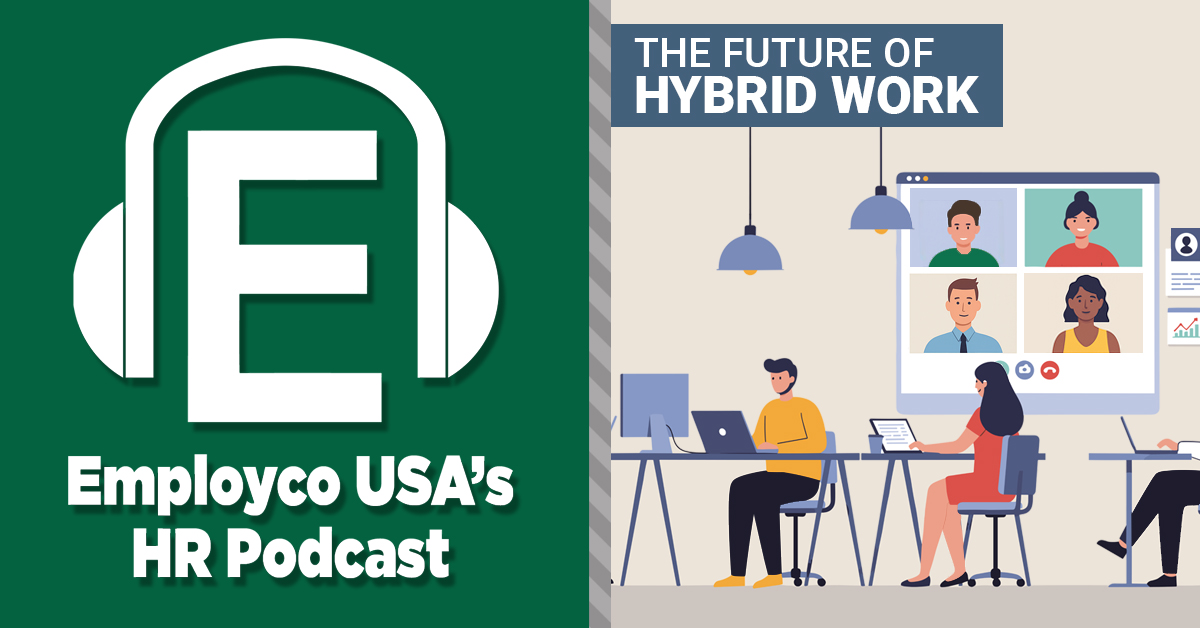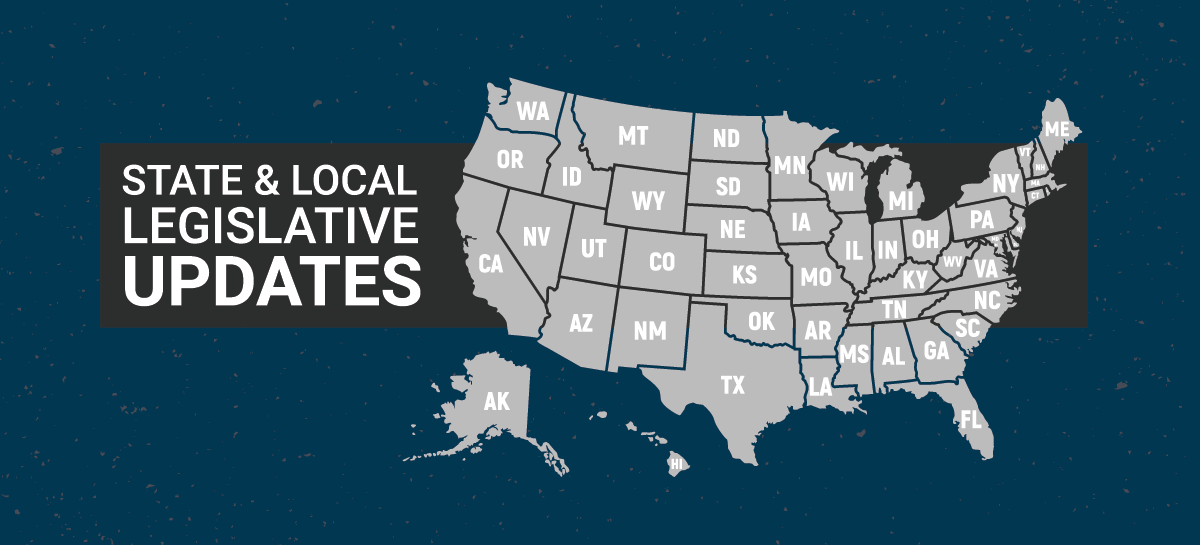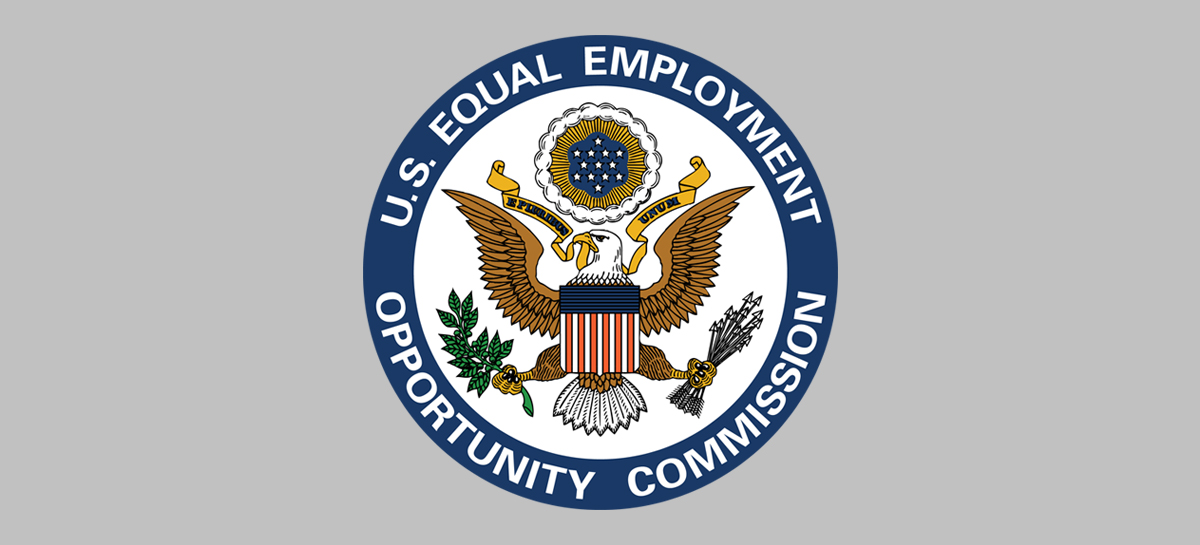
The federal Family and Medical Leave Act (FMLA) provides eligible employees up to 12 workweeks of unpaid, job-protected leave a year for certain family and medical reasons, including being unable to work due to the employee’s serious health condition. When an employee’s FMLA leave entitlement expires, the employee may be unable to return to work because of the continuation of their serious health condition.
Continue reading





